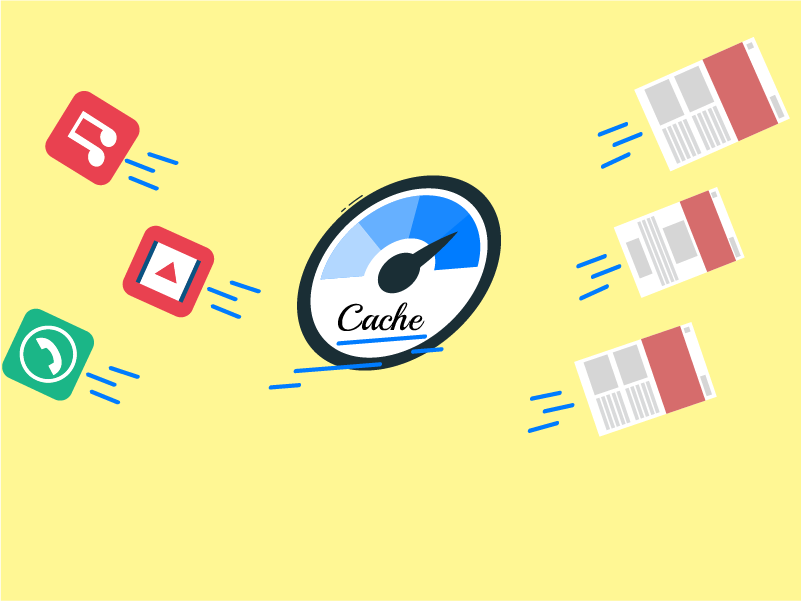What is SEO and Why is it So Important?

For better or worse, for the average user, search engines are the gateway to the internet. When trying to find relevant information on the web, most people tend to go to their favorite search engine, type in a couple of keywords and visit the first handful of links that show up. Aside from a handful of frequently visited websites, this is how most people access the internet.

Unfortunately, what this also means is that if your website doesn’t show up in those first few search results, chances are that people aren’t really finding out about your website, and you aren’t getting any traffic. In fact, research suggests that 90% of users don’t even bother clicking past the first page. If they don’t find a result they like on the first page, they would simply tweak their search keywords and start over.
So you can see why for any new website, be it a blog, or a local business, or an e-commerce store, having a good search result ranking is crucial. This is what is referred to as Search Engine Optimization.
There are a few different search engines out there. Each one has its own unique way of ranking search results. Since Google is the most popular search engine today, most people tend to focus on improving their rankings on their system alone. However, all search engines share some similarities. Ultimately, the search engine’s job is to make sure that the results that are being served are not only relevant to the user’s query, but that they are also a legitimate source and provide a reasonable user experience.

For example, one factor that is common to pretty much all search engines is the number of backlinks for a given page. This is the number of other web pages on the internet that link back to a particular page. The assumption is that the more backlinks a page has, the more reliable it is. This is similar to the citation model that scientific journals use for determining the reliability of a published paper.
Another important rule of thumb is the performance of a particular page. Web pages that are really slow to load offer a sub optimal experience for the customer and are typically penalized by search engines, while fast pages are bubbled up. Similarly, “fresh” content is usually preferred over stale ones. This is why it is important for your blog to continue to publish great content. As the information on your page gets outdated, so too will its search engine ranking.
Ultimately, every search engine is different. And even though two search engines might look at the same factor, it does not mean that they would prioritize it the same way. For example, even though both Bing and Google care about backlinks, one might give it a lot more weight than the other when it comes to making a ranking decision. But since all search engines are trying to reward good behavior, your efforts at increasing visibility on one platform should have some effect on the other as well.
Given just how important search engine rankings are for a business, it isn’t hard to see why SEO has grown into an $80B industry. Hopefully this post gave you a basic understanding of what exactly SEO is and how it works!


